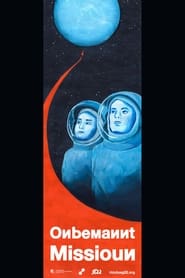kategori film bahasa letzeburgesch
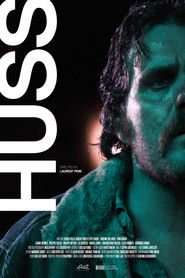 In a small town plagued by...
In a small town plagued by...Huss 2025
In a small town plagued by Huss’s cruelty, a desperate act of vigilante justice forces the community to confront the true cost of revenge and its own fractured moral compass.
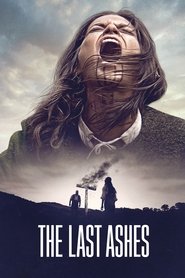 In the mid1800s twelve year...
In the mid1800s twelve year...The Last Ashes 2023
In the mid-1800s, twelve year old Hélène manages to flee from an isolated patriarchal community in Luxembourg. Years later, she returns in disguise, determined to seek revenge on the family that killed her parents.
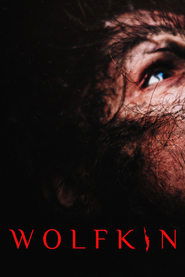 Single mother Elaine is disturbed by...
Single mother Elaine is disturbed by...Wolfkin 2023
Single mother Elaine is disturbed by her son Martin's aggressive behaviour, she visits his late father's estranged family in small-town Luxembourg, which hides a much darker nature. When she realizes that Martin could become like them, Elaine is forced into a desperate fight for her son's future.
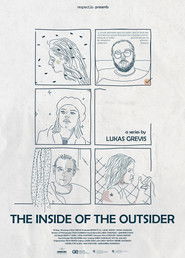 A Luxembourgish anthology about radicalization before...
A Luxembourgish anthology about radicalization before...The Inside of the Outsider 2022
A Luxembourgish anthology about radicalization before and during the Covid-19 pandemic.
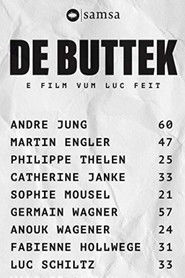 Like every year Andr manager of...
Like every year Andr manager of...De Buttek 2019
Like every year, André, manager of a company named ALTER NATIVE that furnishes sanitary article, invites his seven employees to a quietly festive Christmas weekend. Yet, unlike the years before, André has bad news. He is terminally ill and wants to hand over his company to one of them. He will announce his successor in the course of the weekend. His collaborators immediately turn into competitors. When his own son, Philippe, whom nobody knew about, makes a sudden appearance, cards are redistributed, but suspicion quickly arises that André plays a deceptive game. While his employees, in a crazy race behind the back of the others, try to make their mark, Philippe tries to understand the obscure game his father is playing. And what role does the hotel owner play in all this? Jingle bells? Jingle bells!
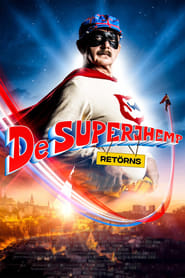 In order to save tiny Luxembourg...
In order to save tiny Luxembourg...Superchamp Returns 2018
In order to save tiny Luxembourg from a cosmic catastrophe, a civil servant in a midlife crisis has to find back his lost superpowers and face his biggest fear: his family.
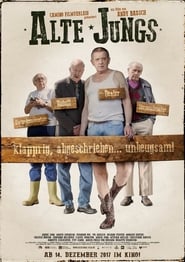 Four elderly men Fons Lull Nuckes...
Four elderly men Fons Lull Nuckes...Rusty Boys 2017
Four elderly men (Fons, Lull, Nuckes and Jängi) are fed up with being walked all over and treated like children. Together with their friends, they plan a future without old people's homes. But that's easier said than done.
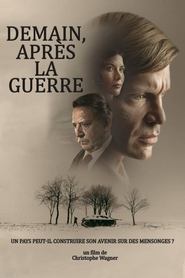 In February 1945 Jules Ternes returns to...
In February 1945 Jules Ternes returns to...Tomorrow, After the War 2015
In February 1945, Jules Ternes returns to Luxembourg. To escape conscription, he fled the country and joined the resistance movement in France. Back in his hometown, Jules hopes to find peace of mind and put the war behind him. But he returns to a country devastated by the Battle of the Bulge and deeply divided from four years of occupation. His sister Mathilde is now engaged to Armand, the leader of the local resistance and his girlfriend Leonie has another man in her life. Jules nevertheless resumes a relationship with her and accepts a post as an auxiliary policeman. When Leonie is assassinated along with the German farmers she works for, the life Jules was struggling to rebuild collapses. The ensuing investigation will reveal grey areas of the Occupation along with the efforts made in high places to cover them up.
 Two troubled teens in Luxembourg act...
Two troubled teens in Luxembourg act...Baby(a)lone 2015
Two troubled teens in Luxembourg act out their frustrations on the world, and slowly grow closer.
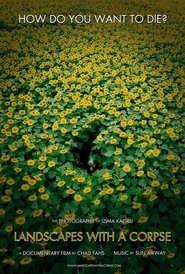 Japanese photographer Izima Kaoru asks his...
Japanese photographer Izima Kaoru asks his...Landscapes with a Corpse 2014
Japanese photographer Izima Kaoru asks his subjects one question: How do you want to die? By following the artist on a journey to create new work, we find that the answers to this question are revealed in the fears and joys of both artist and model.
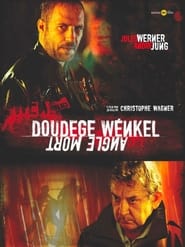 Police officer Tom Faber was found...
Police officer Tom Faber was found...Blind Spot 2012
Police officer Tom Faber was found shot to death in his car behind the stadium. Inspector Hastert (André Jung) from the criminal police leads the investigation and searches for the murderer together with Olivier (Jules Werner), the brother of the murdered man, who is also a police officer. After an initial clue that led to the drug milieu, a prostitute appears who is said to be in a relationship with Tom and who has given him a key to a place where something important is hidden. It turns out that in a locker in the sacristy of the National Library is a file with documents that indicate Tom was on the trail of an influential businessman's sordid dealings before his death. But Olivier still doesn't see what lies behind the dead end of the investigation...
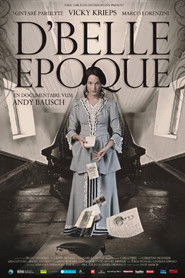 In August 1914 Belle a young wellbred...
In August 1914 Belle a young wellbred...D'Belle Epoque 2012
In August 1914, Belle, a young well-bred lady and Betty, her chambermaid, discover a big trunk in the attic. When they manage to open it, thousands of photos and postcards spread all over the floor to form a pile of memories. Thus, the ladies start to reminisce about what was called "la Belle Époque".
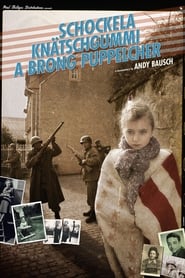 On September 10 1944 the first Americans Liberators...
On September 10 1944 the first Americans Liberators...Chocolate, Chewing Gum & Brown Babies 2010
On September 10, 1944, the first Americans Liberators cross the Luxembourgish border, their pockets filled with chocolate, chewing gum and cigarettes. Friendships are born, affairs, even lasting relationships. The number of white and black babies of unknown fathers that are born in the next few months in Luxembourg remains unknown. This incredible and thorough documentary by Andy Bausch features comprehensive, amusing and often touching interviews with Luxembourgers, American veterans-some of whom never left Luxembourg-, the children of the GIs and legendary photographer Tony Vaccaro, famous for his pictures of the winter of 1944.
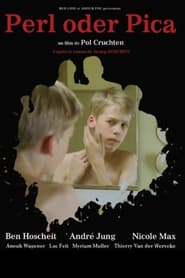 October 1962 the height of the Cuban...
October 1962 the height of the Cuban...Little Secrets 2006
October 1962, the height of the Cuban missile crisis… Norbi, 12, lives in a small industrial town typical of southern Luxembourg. His father, very authoritarian, owns a bookstore-stationery that also serves as a store for religious items. That year, Norbi will be confronted with mysteries about sexuality, religion and war. Norbi will discover a new world, for him, it's time to show that he is no longer a child. Will Norbi obey?
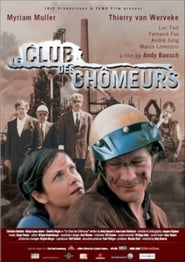 In Differdange in the South of...
In Differdange in the South of...The Unemployment Club 2001
In Differdange, in the South of Luxembourg, six unemployed men decide to create the "Dole Club", whose rules forbid its members to work, even in the very unlikely event that they are offered a job. Geronimo, Théid, Frunnes, Sonny Boy, Abbes and Petz all agree to abide by the strict regulations of the club. In accordance with them, they manage to survive. But they can do it only on petty theft and other swindles, which is bound to end badly...
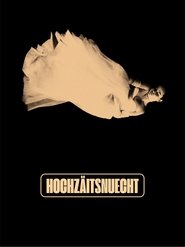 For most people a wedding signifies...
For most people a wedding signifies...Wedding Night - End of the Song 1992
For most people, a wedding signifies a hopeful beginning, but then, Catherine and Christian aren't most people. She is a spoiled rich girl with an insatiable desire for the low and degraded side of life. Christian is without any resources, inner or outer, and caters to Catherine's every whim, even when she sends him out in the middle of their wedding reception to score some heroin for her. Their wedding is the starting point for their relentless downward spiral into the most brutally senseless lives imaginable, in this stylishly filmed exploration of the dark netherworld of the human spirit.
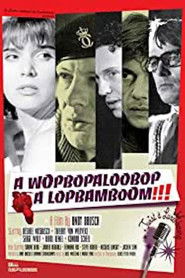 Luxembourg in the 60s Youngsters from...
Luxembourg in the 60s Youngsters from...A Wopbobaloobop a Lopbamboom 1990
Luxembourg in the 60s. Youngsters from France come over to a small south Luxembourg village Dudelange to party there. And looking for girls. And then starts the fighting. Teenager love and rock 'n roll.
 The title of the film set...
The title of the film set...Schacko Klak 1989
The title of the film, set in Luxembourg in 1942, during the Nazi occupation, amalgamates the words Schacko (helmet) and chapeau claque (opera hat). The village, in which it is set, has not yet been feeling the effects of the war at this point.
 Mill an undertaker and farmer and...
Mill an undertaker and farmer and...Déi zwéi vum Bierg 1985
Mill, an undertaker and farmer, and Felten, the organist of the church, live in a small Luxembourg village near the Belgian border. They have been friends for long and have sworn to stand by each other through thick and thin. But this pledge will be challenged both by their love rivalry for Josette and by the War that comes over the village and upsets their lives.
